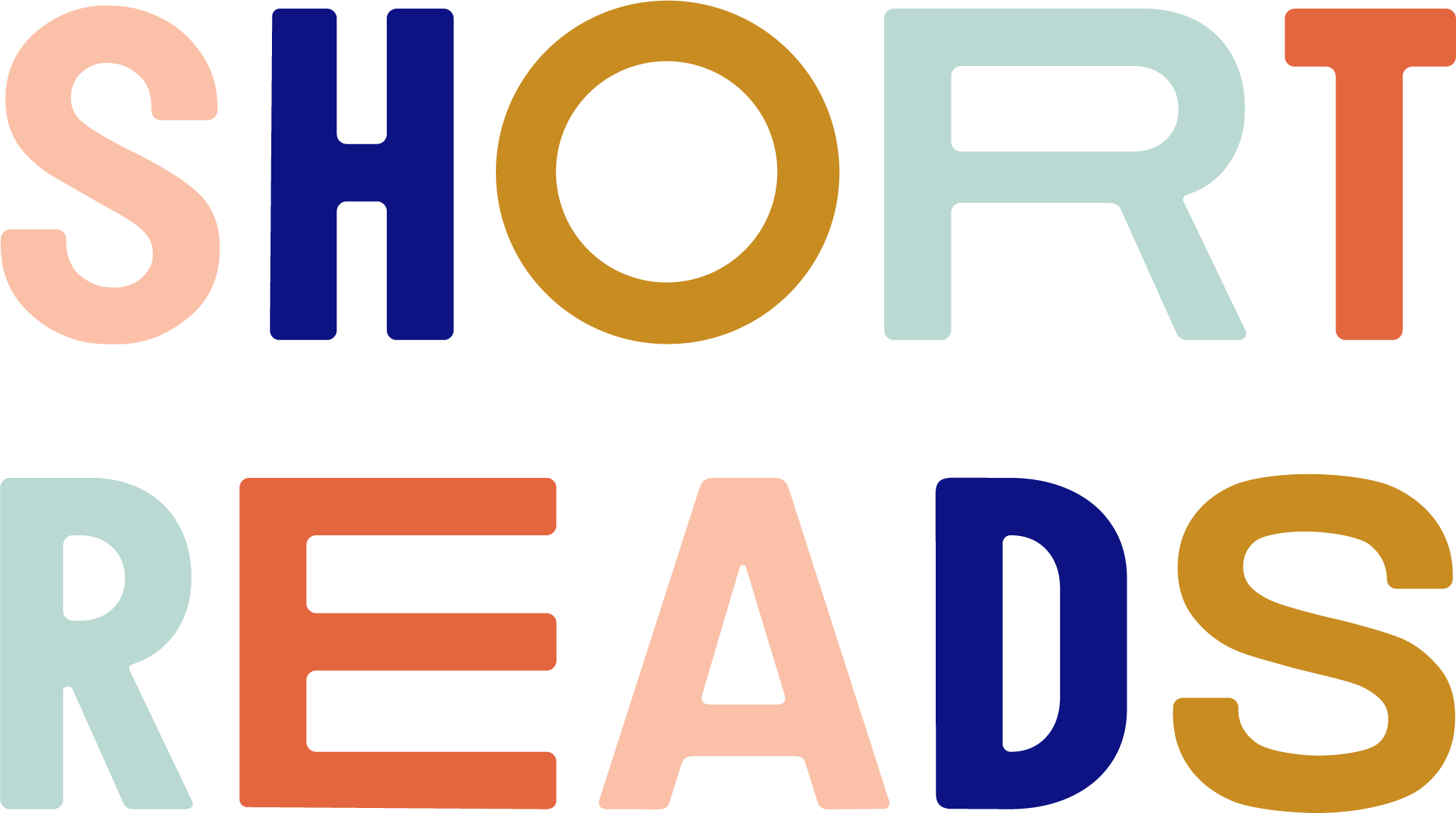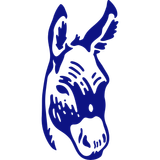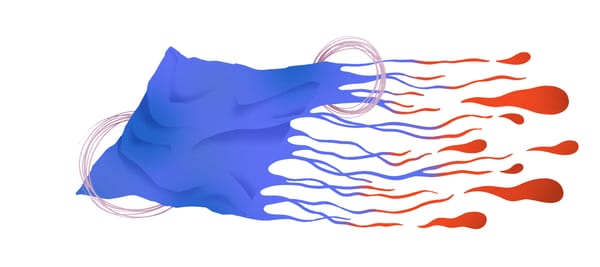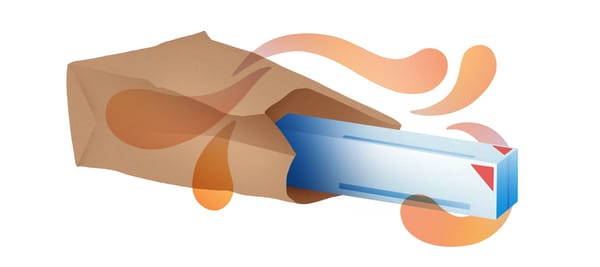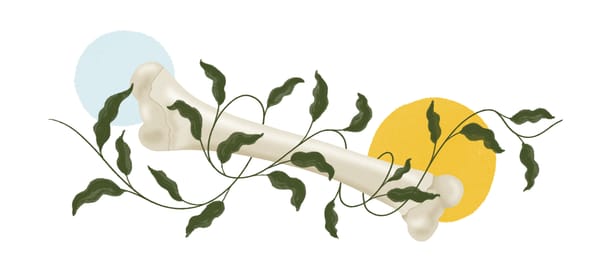Deadhead
by Caylin Capra-Thomas | Redistributing energy.
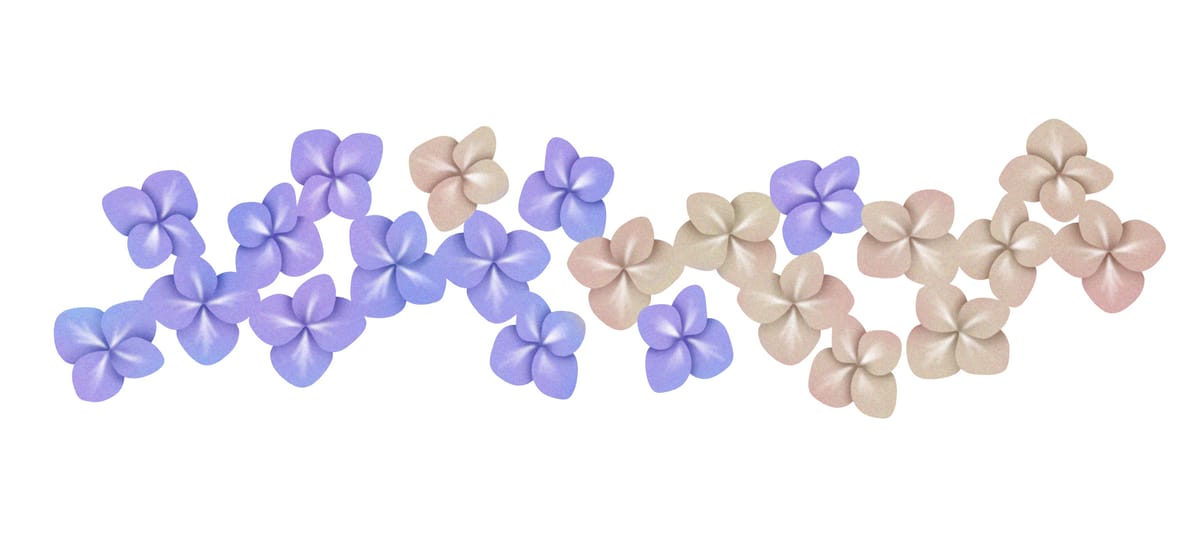
The hydrangeas are dead, but I love them. I love them still, though they are dead. Louise tells me I need to cut the dried flowerheads, so brittle and brown they look like they’ve been stained by strong tea. The decapitation process is called deadheading, which reminds me of all the Grateful Dead fans we knew back when we were in college together in Vermont. Deadheads, who were related to but distinct from Phish Phans, who were related to but distinct from Disco Biscuits fans. (What did we call them? Triscuits? Something like that.) I mostly liked the Dead, but I also mostly faked my way through Burlington’s jam band scene. I pretended to enjoy the endless instrumental solos and the skinny druggie girls who flitted around wearing glittery fairy wings and selling pot brownies. But I hate long instrumental solos. I don’t react well to edibles or white people with dreads. What I liked—what brought me to the shows—was dancing, which I was bad at.
~~~
Louise wasn’t part of that scene, although she still loves the Dead. We worked together on the undergraduate literary magazine, which is where I found my people once I realized that I’m not good at drugs or competing to see whose music collection is more impressive. Louise was an art major, a photographer, and she hauled around campus a huge canvas bag full of books, art supplies, several cameras, food, clothes, her computer, everything. When I first met her at a meeting for the lit mag, she was eating plain arugula straight from a bag—like a rabbit, nose twitching, eyes bright. I needed to know her. Twelve years later, she’s sitting on my front porch in Columbia, Missouri, late November, bundled into two coats and eating cookies she’s unearthed from her car.
“You should deadhead them,” she’d said, breaking off a piece of pizzelle and gesturing toward the hydrangeas.
I know she’s right, but I don’t want to. They were just recently so full, so alive.
A stranger once pulled into my driveway and walked toward them with a pair of scissors. When I came out to ask if I could help her, she said she wanted to cut one to try to root it in water.
“I hear they root easy,” she said.
“By all means,” I said. I got her my kitchen scissors, as hers were dull.
“They’re gorgeous,” she said. “I drive by here every day and think they’re so nice.” If I hadn’t come out, I think she would have just done it anyway, dull scissors and all, a hydrangea bandit.
~~~
The flowers were gorgeous. But I had nothing to do with that. They came with the rental. The hanging baskets I got at the garden center after I moved in died slowly by thrips. Whiteflies got the mint out back, the chives never really started, and the lavender was already too dry to save by the time I repotted it. But the hydrangeas bloomed white in July, a few weeks after we had to put our dog down, who was also white and impossibly fluffy. They comforted me then. I talked to them the way I once did to Bear. Then they changed, started turning pink with a green tinge on top. Now they’re dead, and Louise says I should cut the heads off, let the plant redistribute its energy. But I want to keep them.
~~~
Louise is just stopping through. She’s on her way home to Maine from Colorado, where she went to heal after a horrific end to her marriage. We’ve shared a bed before, have held each other through the night, but we’re sitting six feet apart in the cold on my porch. There’s death in the air. A novel virus spreading, people killing their loved ones with their desire to be near them. We haven’t seen each other in a few years, and I tell her about my brother’s new baby and my partner’s recovery. She asks if my partner reminds me of my brother, who was my first reference point for addiction. I say no, my brother wasn’t even gregarious when he was drinking, no fun.
~~~
My best memories with Louise are blurred by tequila and dancing, our photos all fuzzy with motion. The gallery party where we danced so hard Louise broke the heel of her shoe. The time we tried to make margaritas with Fresca and the bread clip from the bagged ice got mixed into the blender and all night we shook our hips in her living room to Springsteen and picked pieces of plastic off our tongues. The dinner at Juliana’s where we brought too much Sauza and wound up standing on the couches screaming at everyone to let go of the shame and dance. (Did they dance, in the end? I only remember that we did.) Or the night she flew into Boston after an abrupt breakup in the middle of a road trip. Marissa and I went to her aunt’s in Newburyport, and we put on the Boss and drank tequila and danced around the dining room table like we were characters in a ’90s rom-com about healing after bad love. Our old lives dead on the vine, our new ones waiting for us to tell them we’re ready.
~~~
It’s true we don’t ever escape ourselves. But oh, Lou. Maybe that means we get to keep ourselves, too—brittle and brief as we are.
Caylin Capra-Thomas is the author of a poetry collection, Iguana Iguana, and other recent essays can be found in Longreads, The Georgia Review, and The Adroit Journal. She still lives in Columbia, Missouri, where she teaches English and creative writing at Stephens College. She has yet to deadhead this year’s hydrangeas.
This essay first appeared in Cream City Review (2023).
From the archive
Oct 30, 2024
“I Have Only Seen Papa Cry Once”
by Olga Katsovskiy | The things we leave behind. Nov 1, 2023
“The Game for Winners”
by Kimberly Elkins | There was no better feeling.
Want more like this? Subscribe to Short Reads and get one fresh flash essay—for free—in your inbox every Wednesday. Or become a supporting subscriber and help us pay writers.
